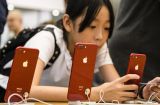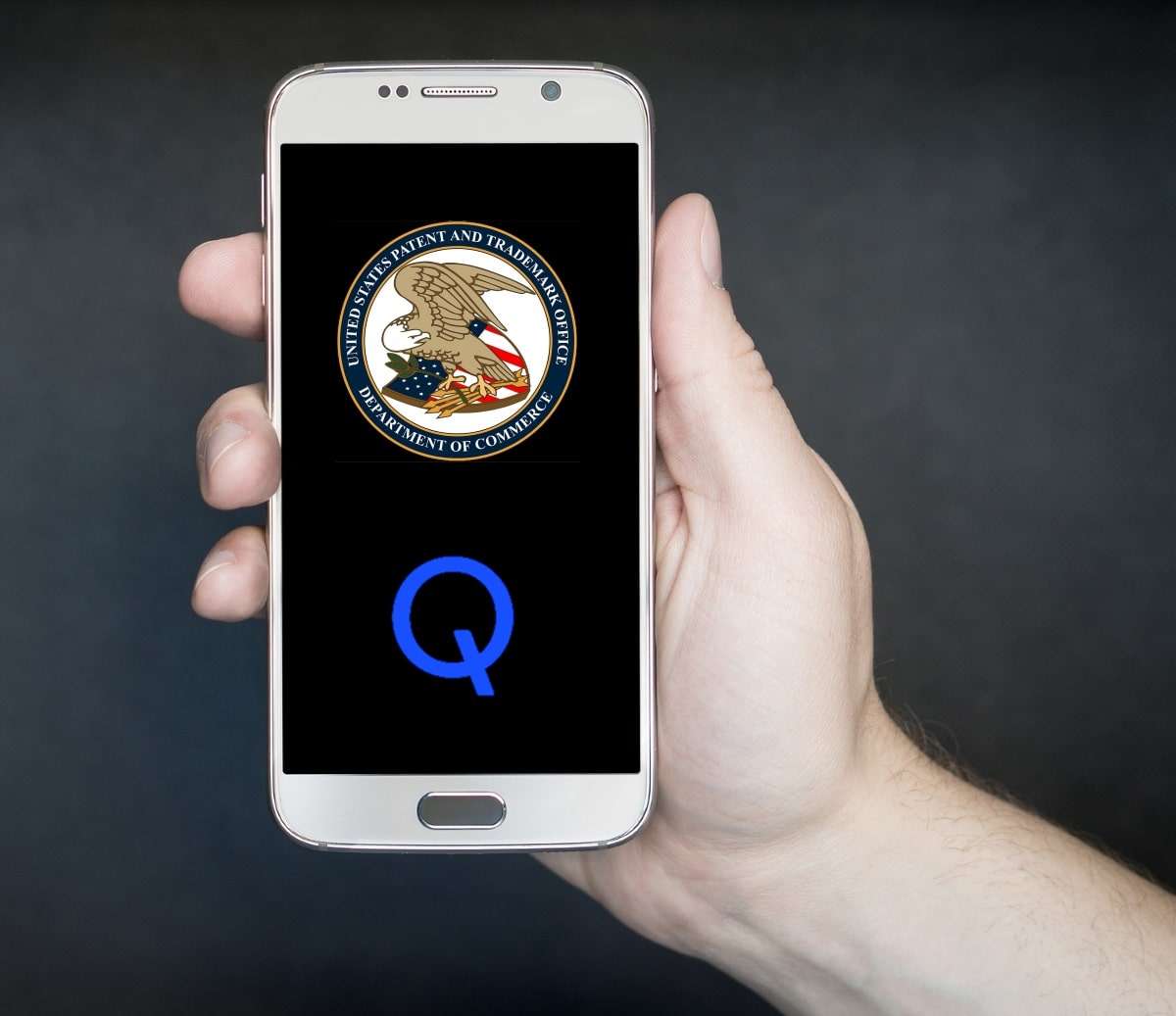- Ameya360 Component Supply Platform >
- Trade news >
- Apple's China struggles highlight US companies' trade war vulnerabilities
Apple's China struggles highlight US companies' trade war vulnerabilities
Apple — one of the world's most valuable public companies by market capitalization and a bellwether for the technology sector — slashed its revenue guidance on Wednesday, highlighting just how vulnerable large American companies are to the ongoing U.S.-Chinatrade war.

Apple CEO Tim Cook told CNBC's Josh Lipton that the trade dispute between the world's two largest economies is exacerbating economic issues in China, which is an important source of revenue for the company.
Other companies could face similar problems, according to experts.
"Weakening iPhone sales in China highlight the vulnerability of many U.S. multinationals to the U.S.-China trade war, both due the exposure of their manufacturing supply chains to China and because of the growing importance of China as a key consumer market for many U.S. products," said Rajiv Biswas, Asia Pacific chief economist at IHS Markit.
Although data showed China's economy holding up for much of 2018, it now appears to be slowing as production metrics and export orders fall amid the country's dispute with the U.S., its largest trading partner.
The fallout from a Chinese economic slowdown is likely to extend to other sectors like consumer spending — potentially hitting American companies that are doing business in Asia's largest economy.
"The U.S. is not the ultimate and unequivocal consumer with powers to dictate U.S.-China trade terms; given ... the undeniably large Chinese market with an aspirational and savvy middle class," said Vishnu Varathan, head of economics and strategy at Mizuho Bank.
"As such, U.S.-China trade disputes will be bumpy given the gap between U.S. President Donald Trump's perceived sense of leverage and a much more modest reality," Varathan told CNBC.
Washington and Beijing agreed in early December to pause tariff escalations, but headlines about the ongoing negotiations have continued to send jitters through the market. Prior to that agreement, China and the U.S. had gone back and forth threatening to implement levies on billions of dollars worth of imports.
While high profile, Apple's status in China is unlikely to be a bargaining chip in the trade negotiations, said Dan Wang, analyst at the Economist Intelligence Unit. "It's not a core technolo(gy) that both countries want," she said.
However, if the trade dispute escalates, Apple products such as the iPhone may be subjected to higher tariffs imposed by both sides.
The "iPhone's vulnerability to the US-China trade war serves as a red flag warning of the importance of concluding a U.S.-China trade deal in early 2019 to end the bilateral trade dispute and remove market fears about further escalation of the trade war," said IHS' Biswas.
After all, in the case of smartphones, the Chinese burgeoning consumer class has a plethora of iPhone alternatives to choose from — especially if a trade war with the U.S. sparks anti-American sentiments that extend to products.
"An antagonistic U.S. may only tip the balance in favor of Chinese consumers adopting home-made devices rather than products like Apple," said Varathan.
Louis Kuijs, head of Asia Economics at Oxford Economics, echoed that sentiment, telling CNBC that "this whole trade conflict between the U.S. and China is also affecting a little bit the choices that Chinese people make when they buy phones at the moment."
Online messageinquiry

Apple Reveals Qualcomm Patent Fees

Apple Testifies in Q’com Patent Case
- Week of hot material
- Material in short supply seckilling
| model | brand | Quote |
|---|---|---|
| CDZVT2R20B | ROHM Semiconductor | |
| BD71847AMWV-E2 | ROHM Semiconductor | |
| TL431ACLPR | Texas Instruments | |
| RB751G-40T2R | ROHM Semiconductor | |
| MC33074DR2G | onsemi |
| model | brand | To snap up |
|---|---|---|
| BP3621 | ROHM Semiconductor | |
| BU33JA2MNVX-CTL | ROHM Semiconductor | |
| IPZ40N04S5L4R8ATMA1 | Infineon Technologies | |
| TPS63050YFFR | Texas Instruments | |
| ESR03EZPJ151 | ROHM Semiconductor | |
| STM32F429IGT6 | STMicroelectronics |
- Week of ranking
- Month ranking
Qr code of ameya360 official account
Identify TWO-DIMENSIONAL code, you can pay attention to


Please enter the verification code in the image below:






















